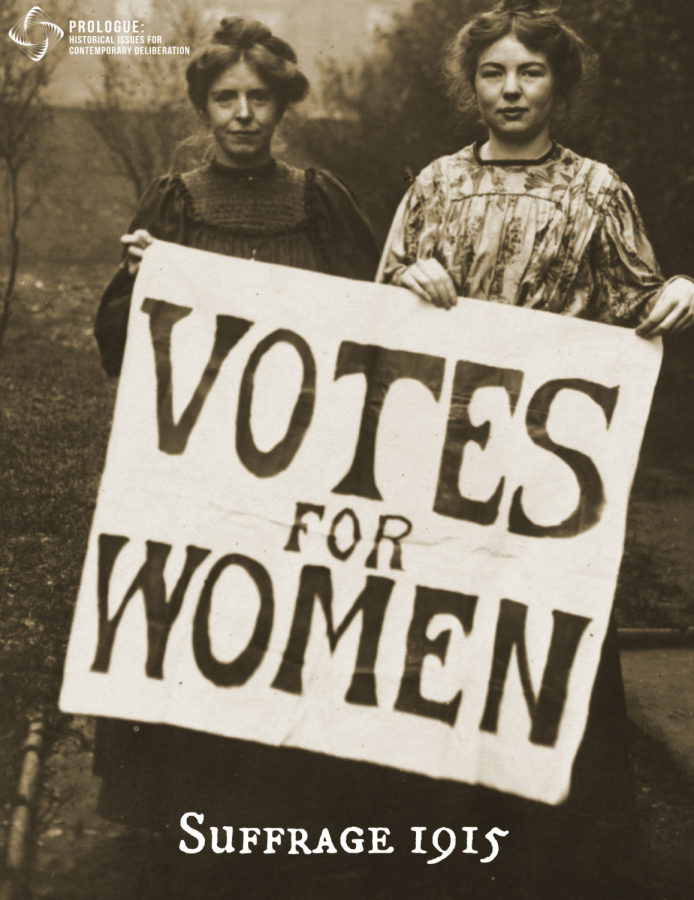Hitting the Polls Since 1920
September 4, 2020
August 26th marked the 100th year anniversary of the ratification of the 19th amendment to the U.S. Constitution, which extended voting rights to American women. This day, designated in 1971 as Women’s Equality Day, is celebrated to commemorate the achievements of women’s rights activists, and the women’s suffrage movement. It serves as a time for both celebration and reflection.
In the early 19th century, American women were still not considered enfranchised citizens. This meant that they couldn’t inherit property, and were paid half of a man’s wages in any available jobs. It was around this time that many women began to organize and demand they be given political equality and representation.
The Seneca Falls Convention of 1848, organized by famous suffragists Elizabeth Cady Staton and Lucretia Mott, was the first women’s rights convention held in the United States, and over 300 other activists were in attendance. This meeting is credited with having launched the women’s suffrage movement.
Many women became famous in history for their work for the movement, including Sojourner Truth and Susan B. Anthony. Many lesser known but equally important figures, such as Ida B. Wells-Barnett and Anna Julia Cooper also helped spread the movement’s message.
The 19th amendment was first proposed in 1878, but failed to garner enough support and was ultimately defeated. It wasn’t until many years later in 1919, after World War I, that the amendment was proposed again by Congress, and finally passed in 1920.
Since then, massive strides have been made in regards to women’s rights. In 1916, Jeannette Rankin became the first woman to hold federal office in the U.S. when she was elected to the U.S. House of Representatives. Now, over 100 years later, there are currently 127 women voting in Congress.
While it is important to celebrate these accomplishments, we must also remember that gender discrimination didn’t end with passing of the 19th amendement. Native American women were not granted voting rights, and black women in the U.S. were still subject to Jim Crow laws until the Voting Rights Act was passed in 1965, 45 years later.
Even today, the struggle for gender equality persists. Women still face violence, discrimination, and systemic barriers to equal participation in society. The wage gap continues to impact women’s economic power, and gender-based discrimination still plagues the workplace.
Although there’s no doubt that tremendous progress has been made in the way of women’s rights in the last 100 years, there is still much more work to be done.



